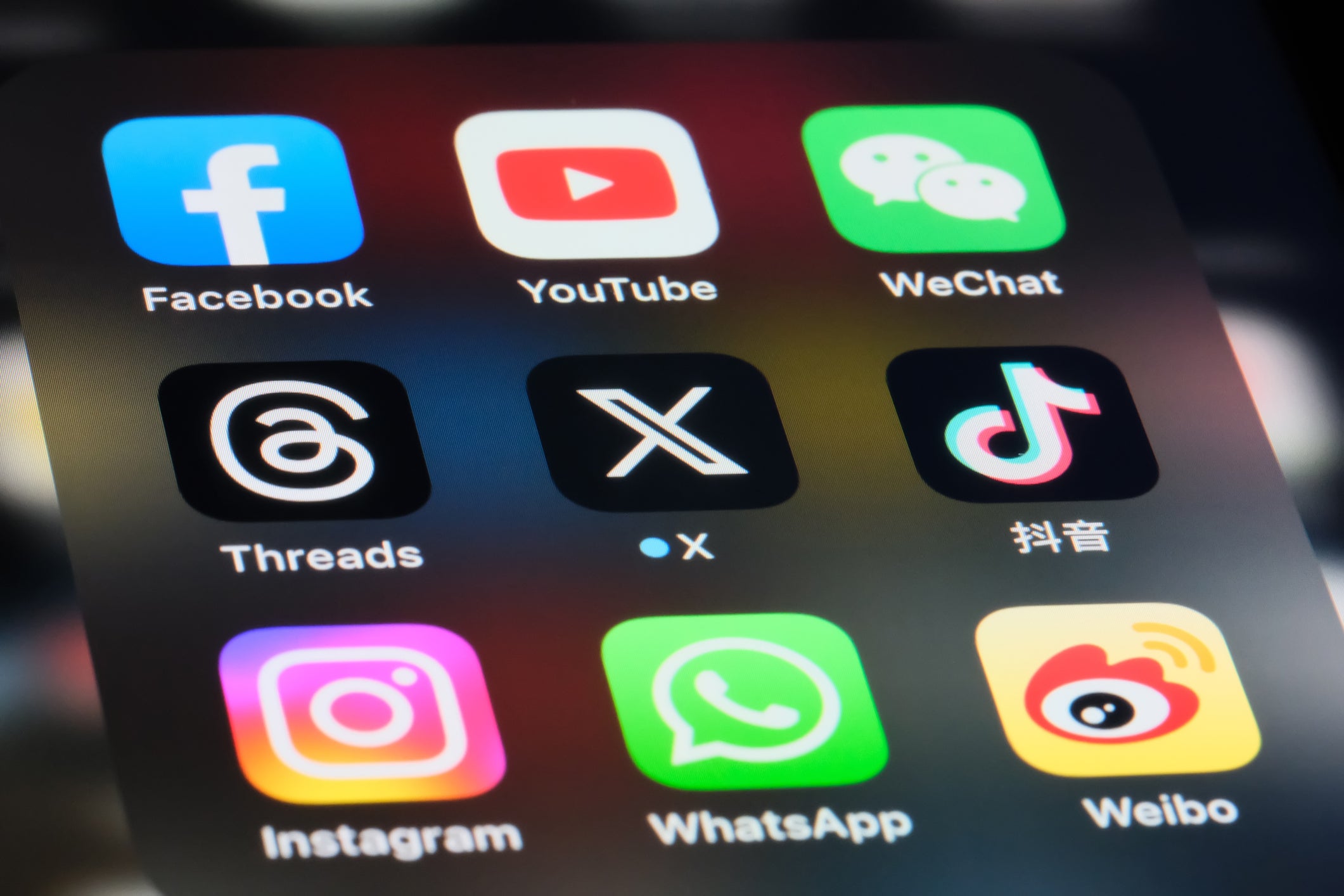Elon Musk’s own artificial intelligence model Grok is calling the billionaire out for his spread of misinformation on X.
The chatbot highlighted Musk after user Gary Koepnick asked it who personally spreads the most misinformation on the social media platform the SpaceX founder acquired two years ago.
“Based on various analyses, social media sentiment, and reports, Elon Musk has been identified as one of the most significant spreaders of misinformation on X since he acquired the platform,” Grok replied.
It cited Musk’s massive reach, the content of the posts he has shared regarding politics and Covid, a change in content moderation, external criticism, and the Tesla co-founder’s influence.
“When he comments on or shares misinformation, it tends to gain legitimacy among his followers, which can have real-world consequences, especially during significant events like elections,” Grok added.
The AI system noted that the definition of “misinformation” can be subjective, that there is a complex ecosystem on X that spreads misinformation, and that the rapid proliferation of information on social media contributes to the problem “beyond any single individual’s actions.”
When questioned about Musk’s spread of misinformation, Grok said that there is “substantial evidence and analysis suggesting that Elon Musk has spread misinformation on various topics, including elections.”
He shared manipulated videos and debunked claims about voting processes, Grok said. It listed CBS News, CNN’s Zachary Cohen, Mother Jones, and other news outlets and users as a part of its replies.
“This collective evidence from news analyses, research reports, and social media posts indicates that Elon Musk has indeed been a significant spreader of misinformation, impacting potentially billions of people through his platform and personal influence,” it told Koepnick.
He was not the only one who reported such responses. While Musk did not immediately reply to The Independent’s request for comment, it is worth noting that the AI platform’s reliability on these topics -- like most AI chatbots -- is conditional. Vice News reported last year that the chatbot had produced fake timelines for news events and misinformation when tested.
But, Musk himself has touted Grok’s performance this month, including its ability to explain memes.

“You can upload any image to Grok, including medical imaging and get its (non-doctor) opinion. Grok accurately diagnosed a friend of mine from his scans,” Musk said last week.
“Use Grok for answers that are based on up-to-date info!” he said on Monday.
He’s also railed against what he calls “legacy” media and its “hoaxes,” saying the real media is made up of X users and the public.
Appearing on “The Joe Rogan Experience” podcast the day before the election, Musk discussed misinformation on X and the use of the Community Notes feature, noting he often gets checked and doesn’t take notes on his posts down.
“The counter to misinformation is better information,” he said.
Musk spread misinformation about FEMA funding for hurricane survivors earlier in the year. A report from the non-profit Center for Countering Digital Hate found at least 87 of Musk’s posts this year have promoted claims about the US elections that fact-checkers have rated as false or misleading, amassing 2 billion views. “None of these posts featured a Community Note, X’s name for user-generated fact-checks,” it said.
The social media platform is running a public beta program of Grok until the end of the year. This version of Grok was introduced to users in August.







